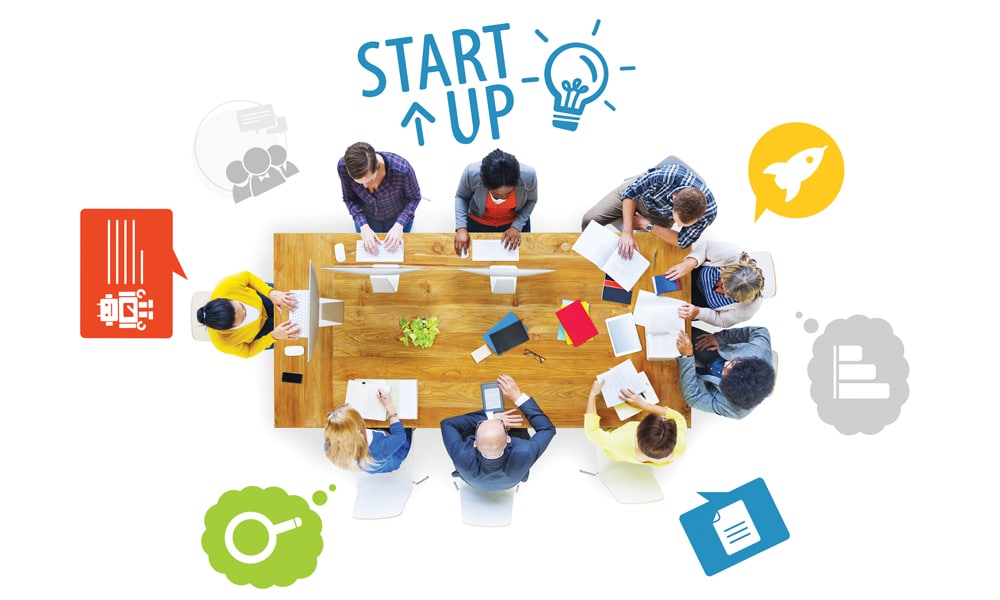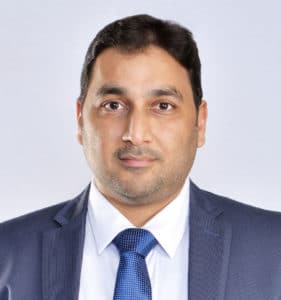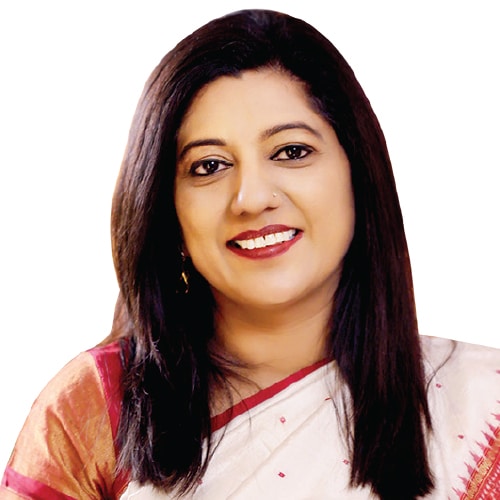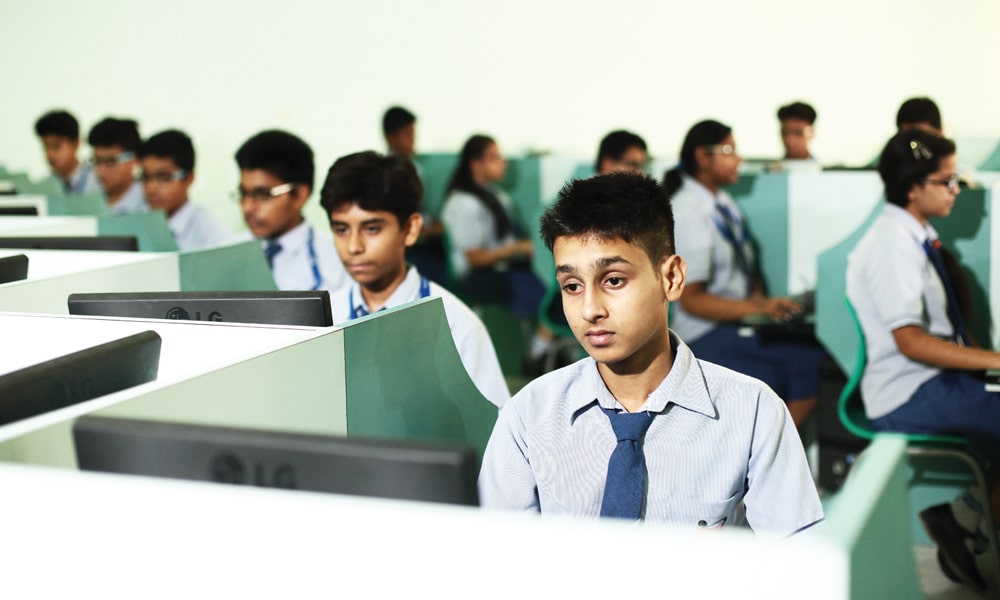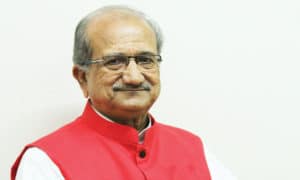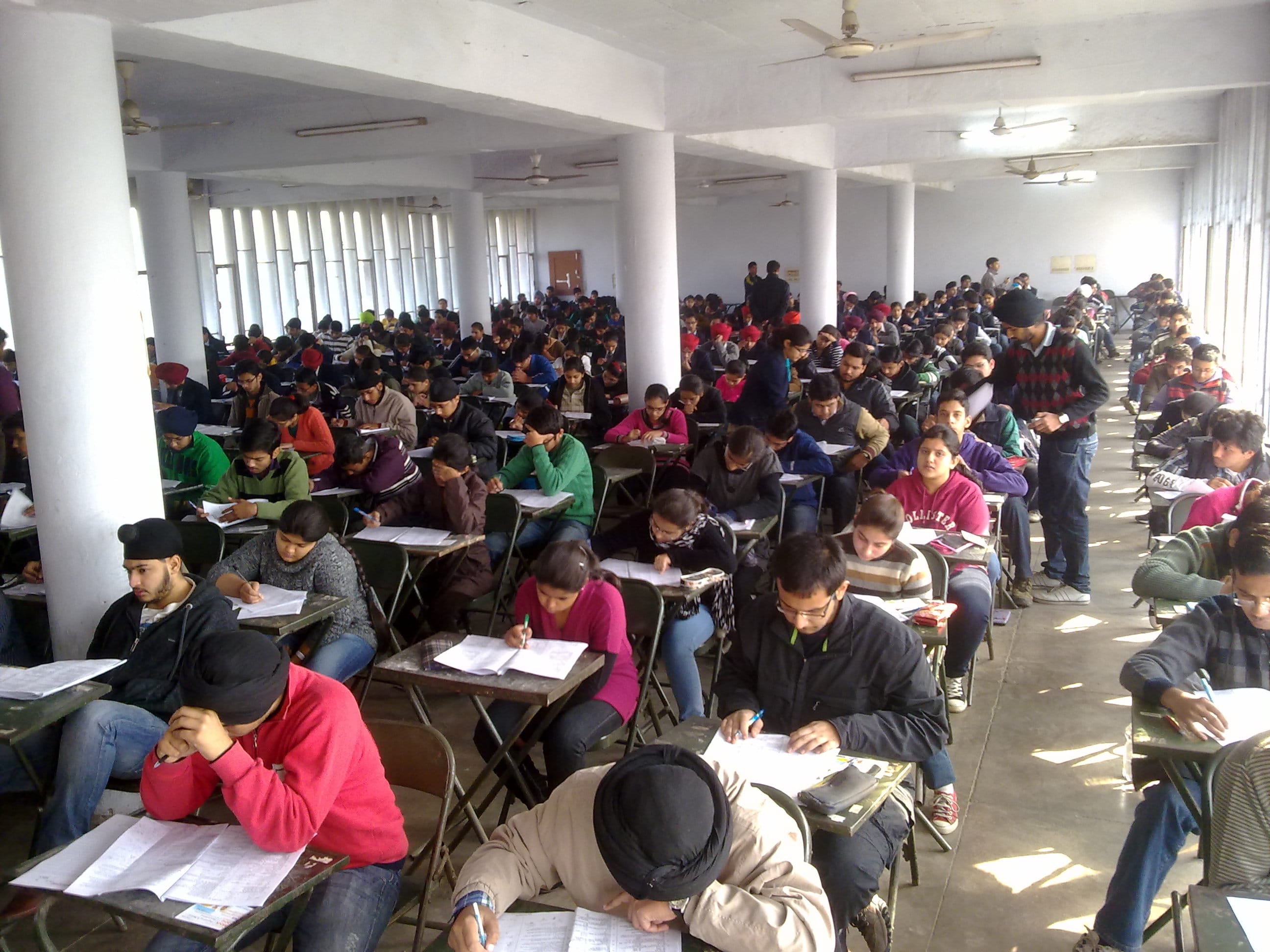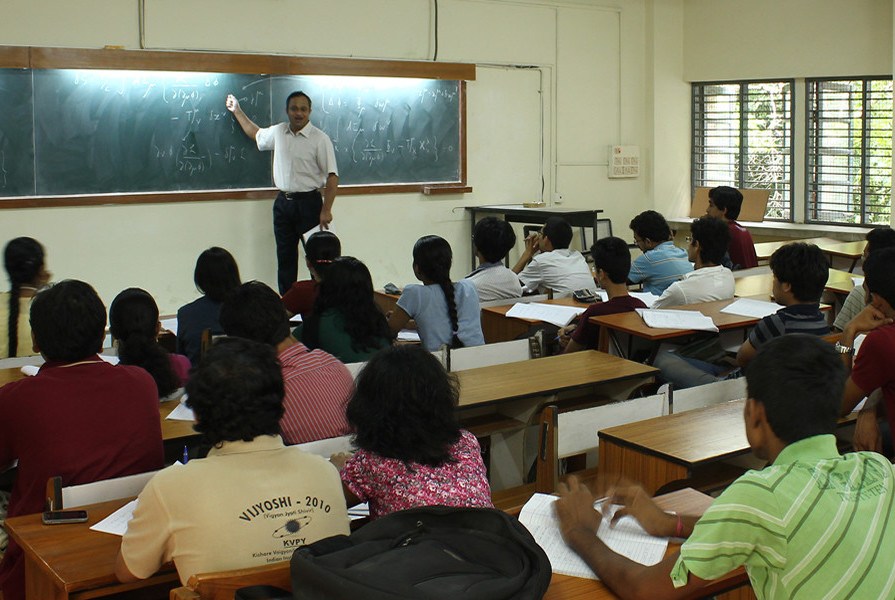Our overall goal is to create a sustainable ecosystem. We are trying to help institutes and universities in providing prototyping, IPR and allied support systems so that they can extend such supports to all innovative teams of students and alumni, KK Nirala, Director, Technical Education, Government of Gujarat, in conversation with Divakar Mukherjee of Elets News Network (ENN).
What role is the Directorate of Technical Education playing to motivate universities under its umbrella to implement the Student Start-up and Innovation Policy (SSIP) in order to harness students’ innovations?
Directorate of Technical Education (DTE), Gujarat is trying to ensure that the SSIP mandate for colleges is strongly implemented across all the institutes under DTE. It is trying to handhold all stakeholders associated with the programme and trying to create end-to-end support system. Our focus is on students and the core thrust is on ensuring that every student does innovative projects and try to be a problem solver. To do so, we are creating tool kits to give training to faculty members and students with the help of experts. We are setting up Innovation and Start- up Clubs, orienting faculty members to create linkages between colleges and local start-up ecosystems and work with academic system to create incentives for student innovators and start-ups. Awards and citations are being introduced to acknowledge efforts of young minds and provide them mentoring as per their need. Focus is also on helping institutions build capacity for supporting innovation and startups in a sustainable manner.
“Awards and citations are being introduced to acknowledge efforts of young minds and provide them mentoring as per their need. Focus is also on helping institutions build capacity for supporting innovation & start-ups in a sustainable manner.”
The Directorate of Technical Education has several policies, how do you ensure a convergence with SSIP?
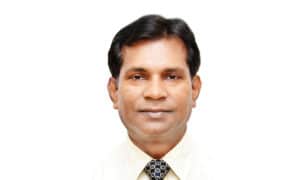
We try that students in technical education acquire necessary skills and aptitude to become creative. We are integrating all our programmes in such a manner that it ensures a support system is built around the students. We are building infrastructure, mentor base, quality teaching-learning process and incentives to foster innovation and institutionalise innovation and entrepreneurship endeavours. Right from our efforts in providing exposure to our stakeholders till we help them realise their true potential and harness their creative potential, we are making processes and support system at each juncture. We ensure that each of our policy and intervention complement each other while aiming to achieve broad goals of making students more innovative and enterprising.
Which initiatives of the university under SSIP are unique in terms of impact that they are going to make in upcoming days?
Our overall goal is to create a sustainable ecosystem. We are trying to help institutes and universities in providing prototyping, IPR and allied support systems so that they can extend such supports to all innovative teams of students and alumni. We are also trying to create regional innovation centres in different parts of the state so that students in the vicinity can access to innovation and start-up support in their nearby locations. We are also creating a state-level common facility and resource centre that will help student innovators and start-ups across the value chain and domain. We are also in process of creating a student IPR policy which will help young innovators to benefit from their research and innovations. We will also build capacity of institutes so that SSIP strategies are implemented at the ground level in a decentralised manner. We aim to help in supporting 1,000 innovations for prototyping and 1,000 for IPR every year. We are also trying to benchmark every university and institute for their innovations, start-up efforts so that they can further progress towards achieving excellence by knowing where they stand today and where they need to reach in a given time frame.
“We are establishing a state-level common resource centre this year to hand hold innovative initiatives across universities and benefit over 14 lakh young students in state with world-class innovation and start-up support system.”
Tell us more about the Common Facility and Resource Centre which is being developed at state level to support student innovations and startups.
We are establishing a state-level common resource centre this year to hand hold innovative initiatives across universities and benefit over 14 lakh young students in state with world-class innovation and start-up support system. This will be a single point access for all innovators in the state across 65 plus universities and 3,000 plus colleges where they can access end-to-end facility to take their innovation to impact stage. This will help them to successfully accomplish their journey from “Mind to Market”. All universities, colleges, Innovators and local ecosystem stakeholders can leverage this facility. This centre will house facilities like idea lab, design facilities, fabrication lab, pre- Incubation support & experts from different innovation promoting organisations under single roof. It will be India’s 1st such centre where any innovator from any college, formal or informal sector can come with his/her unique idea/innovation, get support and create impact at ground level. It will also help filing patents, showcase best innovation from the state and have a vibrant activity centre where around 50,000 students, innovators, and start-ups will actively participate every year. Primarily this Innovation Hub will cover wide range of innovations from sectors like a) Social Innovation b) Manufacturing and allied innovation c) ICT and Digital Innovation d) Science, pharmaceutical and allied innovation e) Sectoral and emerging technology driven innovation. Innovators from all districts and regions can reach out to this centre after developing their idea to certain stage and this Innovation Hub will facilitate the next set of support. Through Hub and spoke manner this Innovation Hub will be connected with all university and institute innovation centres, incubators, design labs, mentor network, investor networks, so that collectively it helps to co-create Gujarat as the most innovation promoting state in the nation.
What is your message for those attending the National Student Startup and Innovation Summit, Ahmedabad?
This is a true fillip to the cause and creates a platform for exposure, discourse and add momentum to the student innovation and start-up movement. This will help to share insights from different start- up ecosystems and particularly how the student innovation and start-up ecosystem is evolving across states. This will bring together different stakeholders in innovation start-up ecosystem like innovators, mentors, incubators, academia, investors, policy makers and others. I wish the event a great success and add more energy into the entire student innovation & start-up movement. It will be a landmark in this segment of the entire start-up ecosystem endeavour under start-up India goals.







